Artificial Intelligence (AI) is making its presence felt in all aspects of modern life, and the Olympic Games are no exception. A new AI-powered monitoring service will protect athletes and officials from online abuse at both the Olympic and Paralympic Games in Paris. This is just one example of how AI is rapidly changing the Games, both in 2024 and beyond.
Enhancing Athlete Safety and Well-being
The AI system will monitor thousands of accounts in real-time across major social media platforms and in over 35 languages. Any threats identified will be flagged, allowing abusive messages to be dealt with efficiently, often before the athlete even sees them. This focus on safety and well-being will help the International Olympic Committee (IOC) and its Medical and Scientific Commission better understand the challenges athletes face online and improve protection for future events.
A Safer Digital Environment
"Sport and social networks are inextricably linked. We expect about half a billion posts about the Paris Olympics. There are so many fantastic opportunities for athlete engagement, but unfortunately, online violence is inevitable. This is a challenge for us because a safe sporting environment must also mean a safe digital environment," said Olympic officials.
The online monitoring system will be available to 15,000 athletes and over 2,000 officials, forming an integral part of a "safety system package" to ensure a safe online and offline environment during the Games.
Understanding Online Violence in Sport
This is the first time such a solution will be used to protect so many people in so many sports. "By using AI, we will be able to better understand online violence in sport and develop data-driven strategies and interventions to create physically and psychologically safe environments for athletes," officials added.
.jpg)
AI in Talent Identification, Training, and Decision-Making
Beyond safety, AI is transforming how athletes are identified and trained. Countries invest millions in finding and developing top talent, and AI is bringing professional-level technology to young athletes. "With the rise of wearable technology, more and more young athletes have access to information, and a previous problem of not having enough data is being solved," says Garrett Beatty, Ph.D., a professor at the College of Health and Human Performance.
AI is also being used to reduce bias and corruption in judging. For example, at the launch of the AI agenda, the IOC demonstrated how AI-based analysis of synchronized divers can accurately quantify rotations, body angles, and alignment between team members.
AI in Event Planning and Community Engagement
Host cities typically have seven years to prepare for the Games, and time is a precious resource. Kyriaki Kaplanidou,Ph.D., a professor of sports management, suggests that AI can be used to map the emotional cycle of local residents' responses to the Games and provide information that helps them make the most of this unique experience.
AI Expo Europe: Transforming Tomorrow, Today
To understand the impact of AI on the present and future, consider attending AI Expo Europe in Bucharest on October 6-7. This event will bring together industry leaders, innovators, and enthusiasts to discuss the latest applications and future of AI.

Conclusion
The Olympic Games are not just about camaraderie and fair play; they also reveal a fierce competition between nations.
AI is revolutionizing how athletes are identified, trained, and protected, and how the Games are organized and experienced by both athletes and the community. AI is not just transforming the Olympic Games; it is transforming the future of sports.
